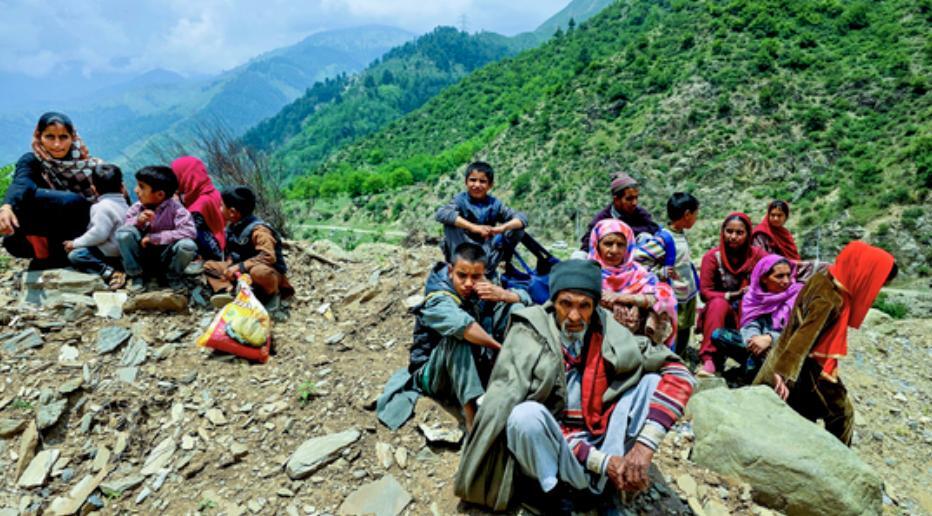
Can’t Trust Pak: J&K Residents on Returning Home After Ceasefire
The recent India-Pakistan ceasefire along the Line of Control (LoC) has brought a sense of relief to the residents of Jammu and Kashmir, but many are still hesitant to return to their homes. Despite the cessation of hostilities, the fear of another outbreak of violence and the lingering distrust towards Pakistan are major reasons why many residents are choosing to stay away.
“I am desperate to go to my village because I can’t open my shop…But people still believe war isn’t over,” said a resident of a border area in Jammu and Kashmir. His words echoed the sentiments of many others who are still living in shelters or with relatives, unable to return to their homes.
The situation is particularly dire in areas that witnessed heavy shelling during the India-Pakistan clash. Many residents have lost their homes, businesses, and livelihoods, leaving them with no option but to rely on the charity of others. Despite the ceasefire, the trauma and fear of another attack are still fresh in their minds.
The residents’ reluctance to return home is not just due to the physical damage caused by the shelling, but also the psychological trauma it has inflicted. Many have witnessed the destruction of their homes and the loss of their loved ones, leaving them with deep emotional scars. The fear of another attack is still palpable, making it difficult for them to even think about returning to their homes.
“We are waiting for the situation to normalize before we go back,” said a resident of a border village. “But how long will it take? We don’t know. We are stuck in this limbo.”
The situation is further complicated by the lack of infrastructure and basic amenities in many areas. Many villages are still without electricity, water, and communication facilities, making it difficult for residents to survive.
The government has been making efforts to facilitate the return of displaced persons to their homes, but the residents are not convinced. “The government is saying everything is fine, but we can’t trust them,” said a resident. “We have seen this before. They promise us everything, but nothing changes on the ground.”
The lack of trust towards the government is not unfounded. Many residents have been displaced multiple times due to violence and conflict, only to return to find that their homes are still in ruins. The government’s inability to provide adequate infrastructure and services has only added to their frustration.
The residents’ reluctance to return home is also due to the fear of retaliation from Pakistan. Many have seen the devastating effects of Pakistan’s cross-border attacks, and are afraid of being targeted again. The fear of being caught in the crossfire between Indian and Pakistani forces is ever-present, making it difficult for them to even think about returning to their homes.
Despite the challenging situation, the residents are holding on to hope. They are waiting for the situation to normalize, and for the government to provide them with adequate infrastructure and services. They are also hoping that the ceasefire will hold, and that Pakistan will not resort to violence again.
As the residents wait and hope, the government must take concrete steps to address their concerns. Providing adequate infrastructure and services is essential to facilitate the return of displaced persons to their homes. The government must also work towards building trust with the residents, and reassuring them that their safety and security are its top priority.
In the meantime, the residents of Jammu and Kashmir will continue to live in uncertainty, their lives on hold due to the conflict between India and Pakistan. The situation is complex, and the solution is not easy, but one thing is clear – the residents of Jammu and Kashmir deserve to live in peace and security, free from the fear of violence and conflict.






